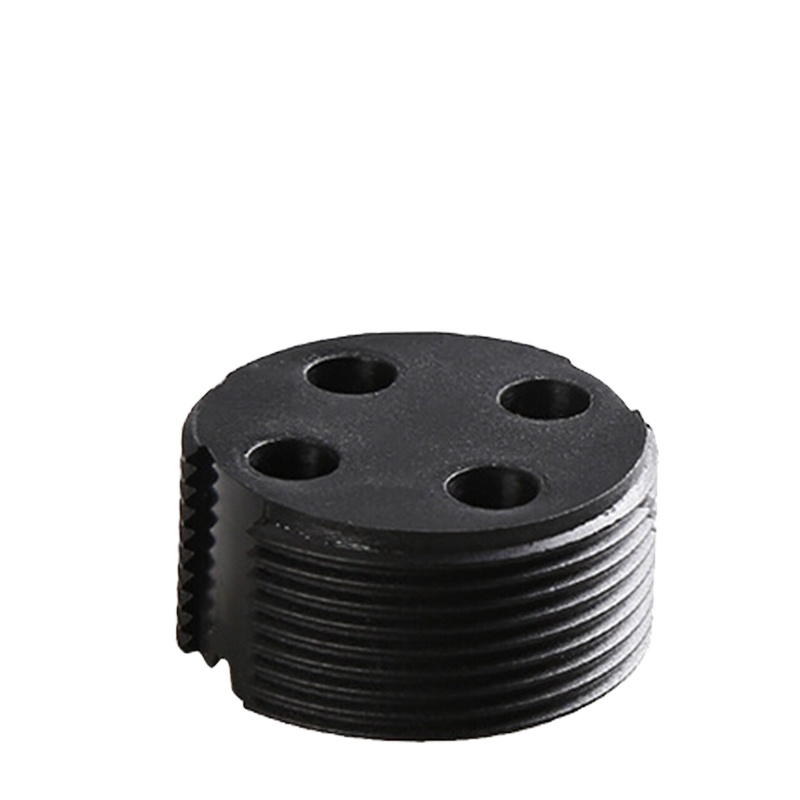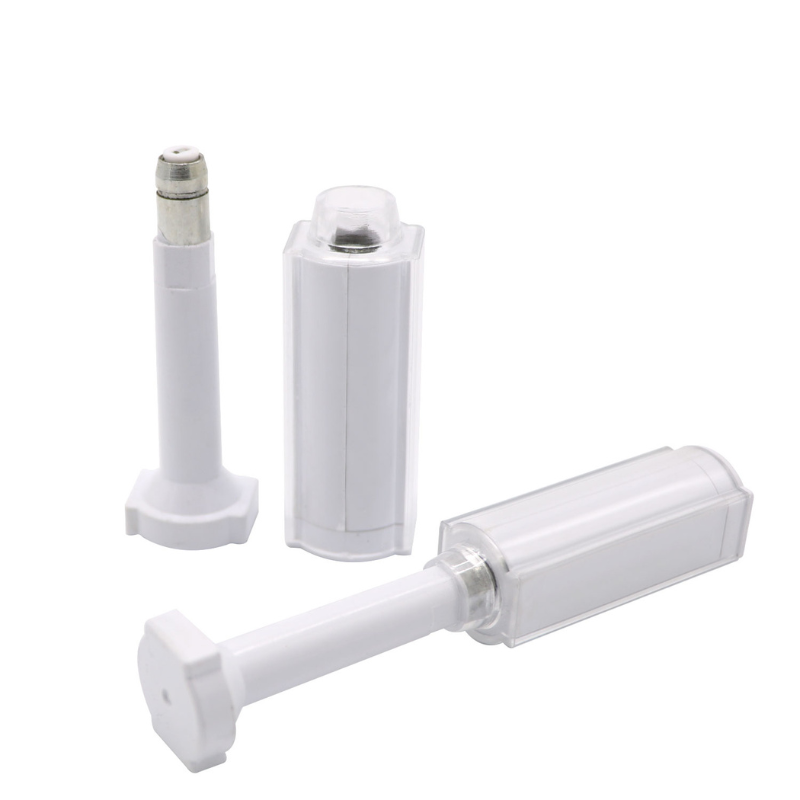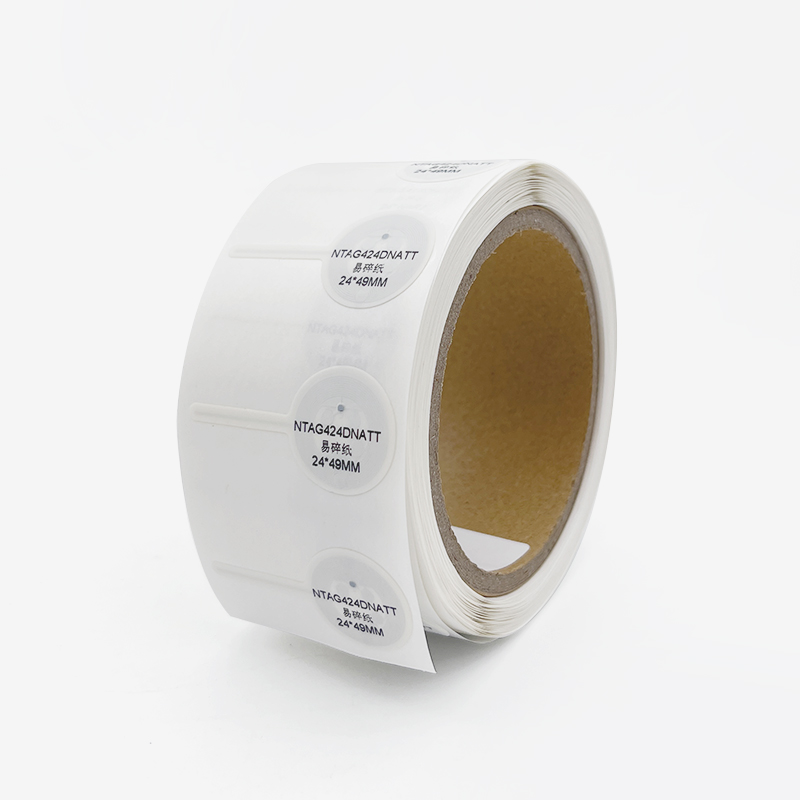
Revolutionizing Retail with RFID Tracking: Five Key Advantages
Table of Contents
Summary
By embedding RFID micro-tags on products, retailers can achieve precise inventory control and real-time monitoring, driving efficiency and competitiveness. This article explores five core benefits of RFID tracking in retail, demonstrating how this technology can revolutionize your business operations.
Key Benefits of RFID Tracking in Retail
1.Enhanced Inventory Management
Real-time Inventory Visibility
RFID tracking offers unprecedented real-time visibility into inventory. By utilizing RFID readers to identify and track RFID tags, retailers can accurately monitor product locations and quantities. This technology has been shown to improve inventory accuracy by approximately 30%, mitigating issues related to stockouts and overstocking. The ability to view inventory in real-time helps retailers manage stock levels more effectively and reduces financial losses.
Reduction of Human Errors
The automation provided by RFID technology minimizes the risk of human error inherent in manual inventory processes. Automated data collection and updating increase inventory accuracy to 99.999%, significantly reducing the time and labor associated with manual stock checks. Retailers can enhance operational efficiency by nearly 50% through this automation, streamlining inventory management and improving overall accuracy.
2. Improved Customer Experience
Faster Checkout Processes
RFID technology accelerates checkout processes by allowing multiple products to be scanned simultaneously. This eliminates the need for individual barcode scanning, thus speeding up transactions and reducing customer wait times. The efficiency of RFID systems not only enhances customer flow but also reduces operational costs related to manual checkout procedures, creating a smoother and more efficient shopping experience.
Personalized Shopping Experiences
By integrating RFID with big data and AI, retailers can analyze customer behavior and offer personalized recommendations. RFID data enables a deeper understanding of shopping patterns, facilitating tailored marketing strategies and customized services. This personalized approach enhances the shopping experience and fosters customer loyalty by addressing individual preferences and needs.
3. Supply Chain Transparency
End-to-End Tracking
RFID technology ensures comprehensive visibility throughout the supply chain, from production to retail. This end-to-end tracking capability helps identify and resolve issues promptly, enhancing overall supply chain efficiency. Studies indicate that RFID can improve supply chain visibility by about 35%, reducing the likelihood of product loss and delays by providing accurate tracking data at every stage.
Enhanced Collaboration Across Partners
Sharing RFID data among supply chain partners promotes better coordination and information exchange. This collaborative approach optimizes production planning, inventory management, and logistics distribution, reducing communication costs and improving overall supply chain efficiency. By fostering close collaboration, RFID technology enhances the effectiveness of supply chain operations.
4. Cost Efficiency
Reduction in Operational Costs
RFID tracking reduces operational costs by minimizing manual intervention and decreasing losses from human error. Real-time inventory management prevents stock imbalances and reduces storage and capital costs. Retailers implementing RFID technology have reported a 15% reduction in operating costs on average, highlighting its potential for significant cost savings.
Improved ROI
The return on investment (ROI) for RFID technology is often realized within a short period. Retailers who have adopted RFID systems have achieved an ROI exceeding 100% within two years. The long-term economic benefits stem from improved operational efficiency and optimized inventory management, making RFID a valuable investment for retail businesses.
5. Loss Prevention and Security Management
Theft and Fraud Reduction
RFID tags’ inherent security features make them effective in reducing theft and fraud. The difficulty of duplicating RFID tags and their real-time monitoring capabilities help prevent unauthorized removal or replacement of goods. RFID systems can trigger immediate alarms if anomalies are detected, enhancing security and minimizing loss.
Enhanced Security Protocols
Integrating RFID tags and readers with security systems provides real-time monitoring and tracking within retail environments. This setup allows for rapid response to potential theft or illegal activities. Additionally, RFID technology can log customer and employee activities, providing valuable data for identifying and addressing security concerns.
FAQs
1. What is RFID tracking in retail?
RFID tracking involves using Radio Frequency Identification technology to monitor and manage inventory, track products, and enhance supply chain efficiency. RFID tags attached to items enable real-time data collection and tracking.
2. What types of products use RFID tags in retail?
RFID tags are used across various retail products, including apparel, electronics, groceries, and luxury items, to facilitate inventory management and tracking.
3. What is the cost of RFID technology for retail?
The cost of RFID technology varies based on factors such as tag type, implementation scale, and existing infrastructure. However, advancements in technology have generally led to reduced costs over time.
4. How does RFID compare to barcode technology in retail?
RFID offers advantages over barcode technology, such as faster scanning, the ability to read multiple items simultaneously, and no need for line-of-sight. RFID’s long-term benefits often outweigh those of barcode technology, providing superior efficiency and accuracy.
Conclusion
RFID tracking technology offers transformative benefits for the retail industry, from enhanced inventory management and improved customer experiences to cost efficiency and security management. By leveraging RFID systems, retailers can achieve operational excellence and a competitive edge in the market. For those interested in implementing RFID solutions, exploring tailored options and seeking expert guidance can optimize the deployment and maximize the benefits of this innovative technology.
Comments
Hot Products
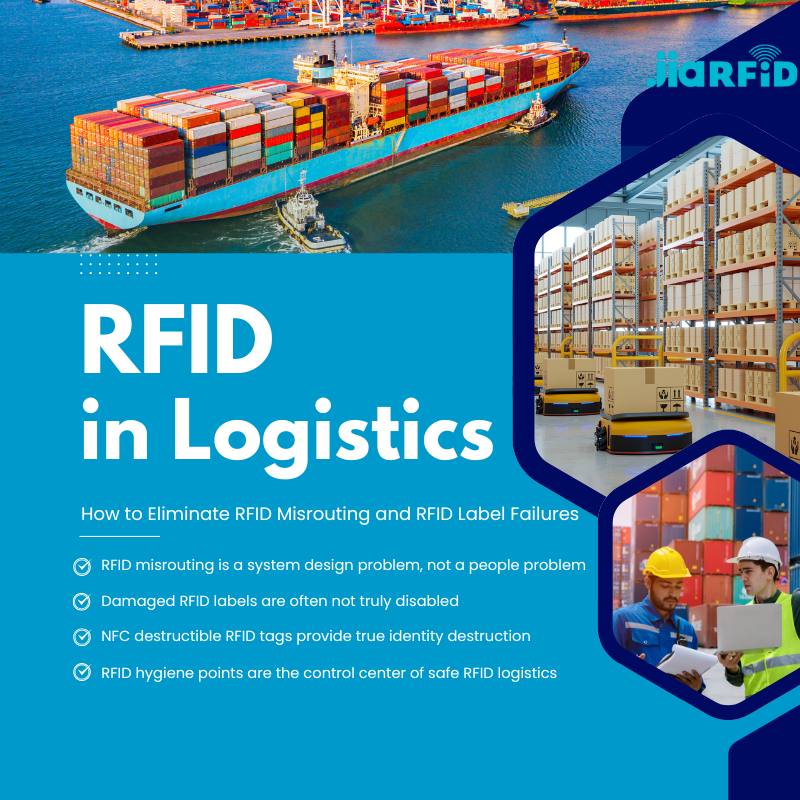
RFID in Logistics: How to Eliminate RFID Misrouting and RFID Label Failures
RFID in logistics is more than just a tool to speed up processes. It has become a key part of how modern supply chains operate.
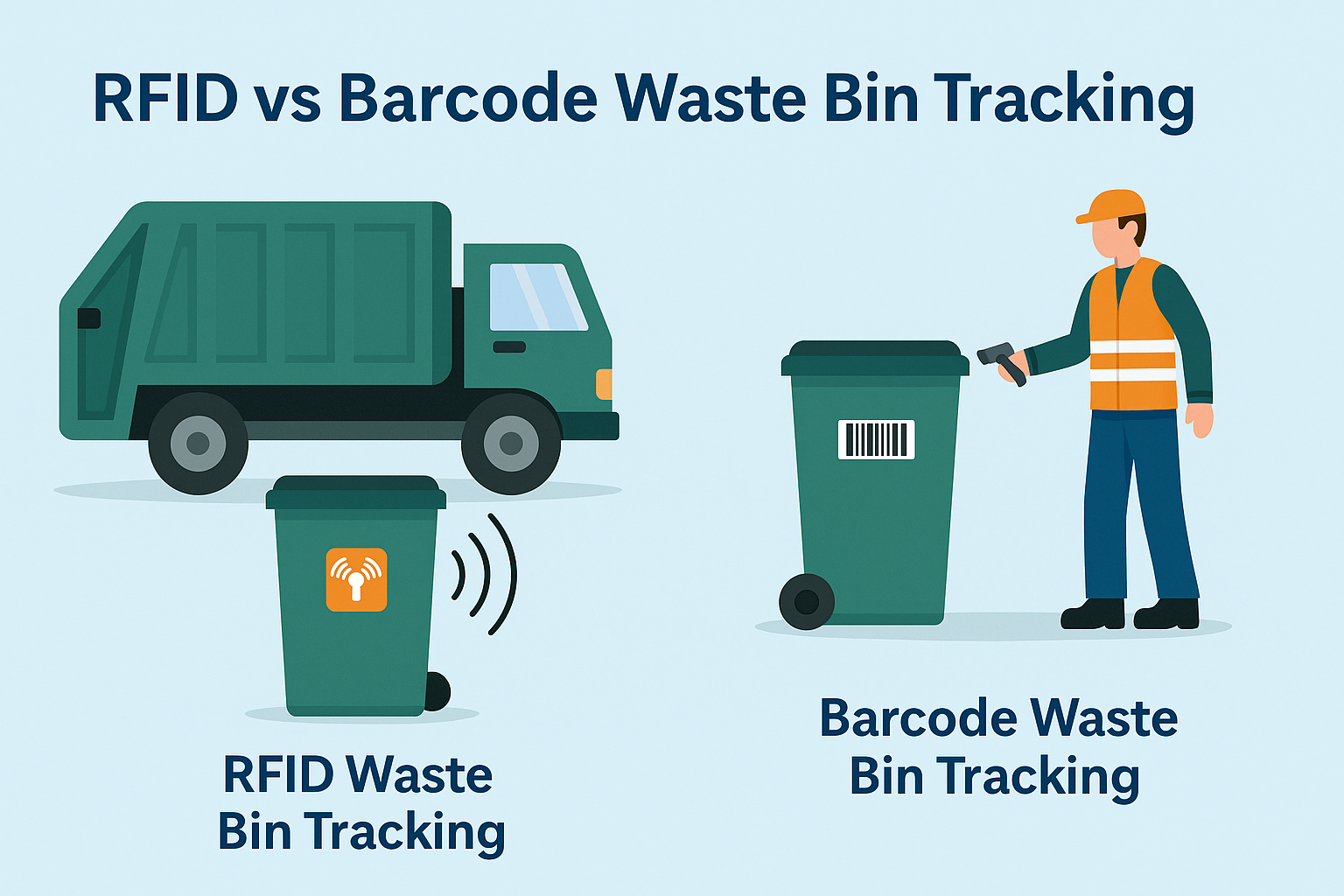
What Is RFID Waste Management
Imagine a city where every trash bin speaks — not literally — but through a tiny chip that tells the system when it’s full, when it’s emptied, and where it went. That’s what RFID waste management is doing today.
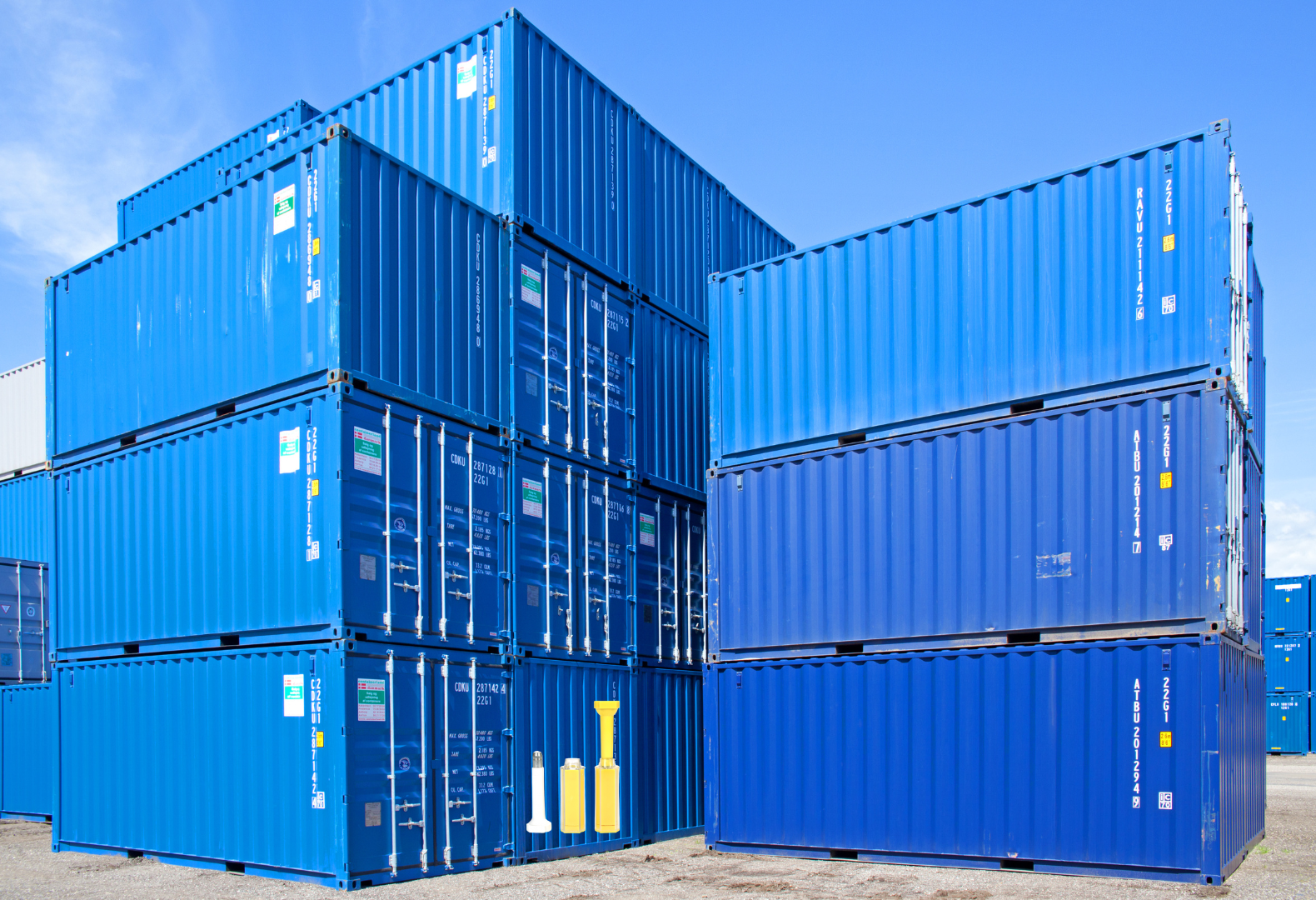
What are Bolt Seals and their Applications? | Complete Guide
In global trade and logistics, bolt seals play a crucial role in ensuring cargo security and compliance. These small but powerful devices are designed to lock shipping containers, trailers, and cargo doors with a tamper-evident mechanism.

What is an RFID Card Protector? Benefits, Use Cases, and Buying Guide
RFID technology (Radio Frequency Identification) is everywhere: in your credit cards, ID badges, transit passes, hotel room keys, and more. It offers speed and convenience, but it also opens the door to a new kind of digital theft called “skimming.” That’s where an RFID card protector comes in.

RFID Wristbands for Events: Bulk Buying Guide for Organizers
RFID wristbands for events are becoming the go-to solution for organizers who need faster entry, fraud prevention, and cashless payments at concerts, festivals, and sports venues. Unlike paper tickets or QR codes, these smart wristbands use embedded chips to streamline access, secure transactions, and improve the guest experience.
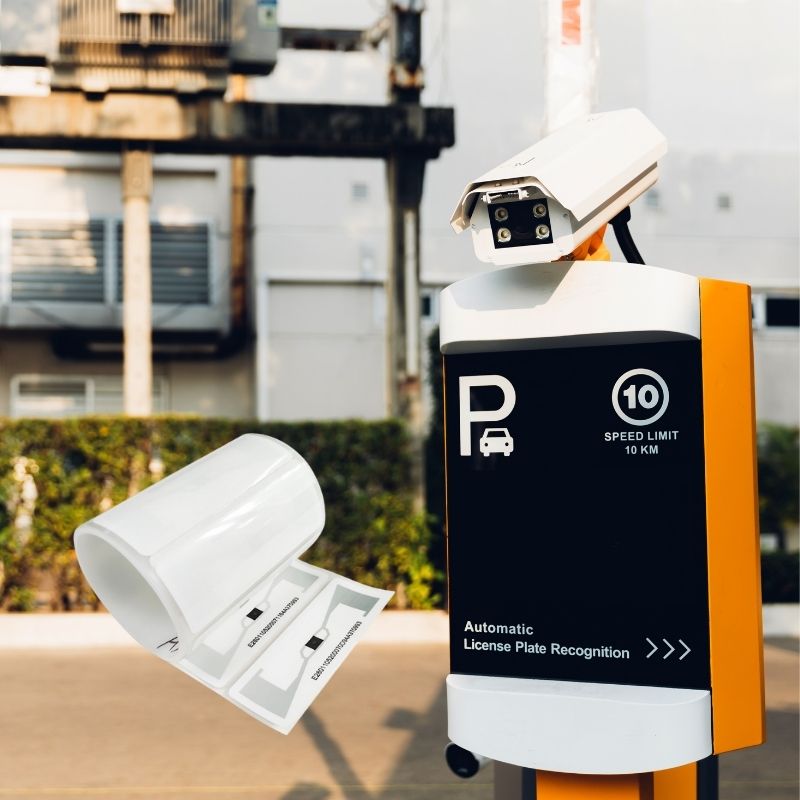
How RFID Tag on Windscreen Improves Vehicle Access Control and Toll Systems
In today’s fast-paced world, vehicle identification needs to be quick, secure, and contactless. An RFID Tag on the Windscreen provides exactly that — a reliable way to manage toll collection, parking, and gated access without stopping vehicles.
Tags
RELATED BLOGS

RFID in Logistics: How to Eliminate RFID Misrouting and RFID Label Failures
RFID in logistics is more than just a tool to speed up processes. It has become a key part of how modern supply chains operate.

What Is RFID Waste Management
Imagine a city where every trash bin speaks — not literally — but through a tiny chip that tells the system when it’s full, when it’s emptied, and where it went. That’s what RFID waste management is doing today.

What are Bolt Seals and their Applications? | Complete Guide
In global trade and logistics, bolt seals play a crucial role in ensuring cargo security and compliance. These small but powerful devices are designed to lock shipping containers, trailers, and cargo doors with a tamper-evident mechanism.


